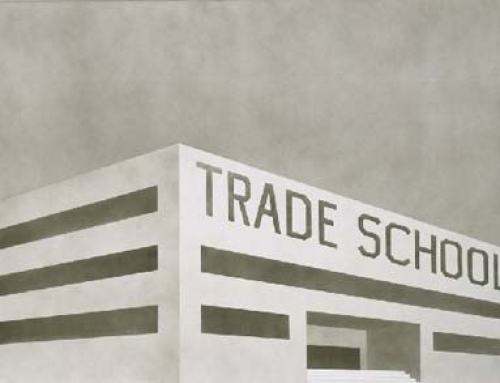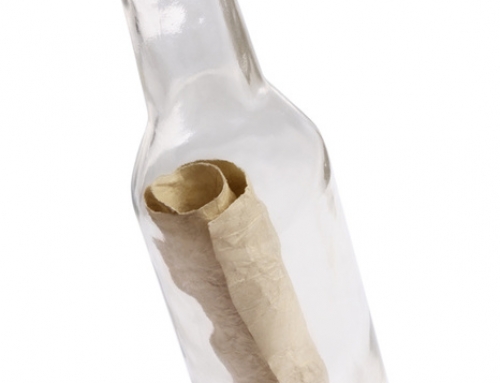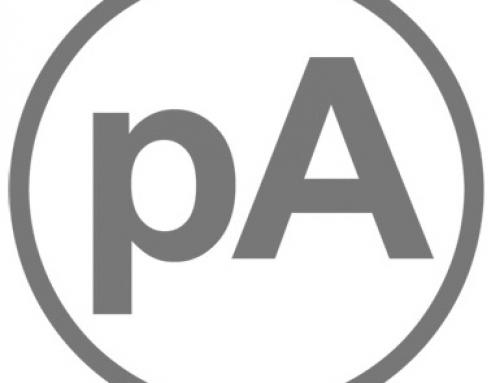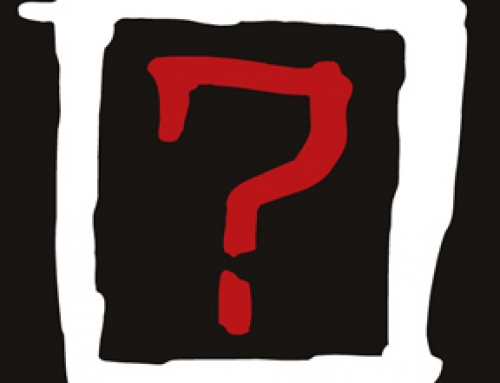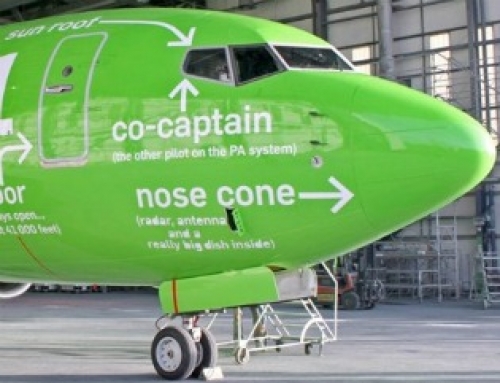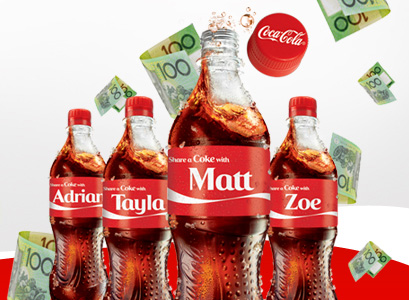 I wrote an article awhile back about the ME generation and how marketing is about the consumer more so than the product. Today I came across this article in Fast Company, and thought I’d repost it to offer more on the topic.
I wrote an article awhile back about the ME generation and how marketing is about the consumer more so than the product. Today I came across this article in Fast Company, and thought I’d repost it to offer more on the topic.
This is an interesting example and testing of personalized branding done by Coca-Cola in Australia. Rather than buying bracelets and necklaces with your name… why not a can or bottle of Coke with your name on it? Apparently, it caused quick a stir…
It’s All About Me!
BY MARTIN LINDSTROM
Last month, Australia went crazy. It had nothing to do with the usual summer cricket rivalries, nor did it involve a visit from the Queen. This time, the frenzy was over newly released cans of Coke. A local agency had dreamed up an entirely new way of revitalizing the 125-year-old brand, reversing its steadily declining sales and tapping into the diminishing youth market.
During the first stage of the campaign, 150 different Coca-Cola cans were released, each with a different name. Using the most popular names in Australia–Jack, William, Isabella, and Chloe–as well as the usual Johns, Steves, Marys, and Matildas, each name was written boldly on the can in the iconic Coke font. As soon as word got out, a whole lot of people headed straight for the soft drink shelves in grocery stores across the country, everyone searching for their very own branded Coke can.
The second stage involved 18 Westfield shopping centers, where you could go to have your name printed on your cans. The lines were so long, people waited for hours just to have their own name printed on the can.
In the 1970s, advertising was all about finding the USP, or Unique Selling Proposition, in a brand. In the 1980s, it shifted to an ESP, or an Emotional Selling Proposition. Now it’s about the MSP generation–the Me Selling Proposition. This is a generation that believes it’s all about them; hardly surprising when they’ve grown up in an environment where everything from screensavers to T-shirts are perfectly personalized.
Recently, the Japanese postal service took the lead in releasing personalized stamps. No more pretty cherry blossoms, iconic buildings, or national heroes on the country’s stamps. Now you can head directly to Japan Post’s website, where you can design your very own stamp. The entire process happens within seconds and, in next to no time, you can print off your portrait with a ¥80 sign just below your head.

Even the iconic toy Lego has jumped on the bandwagon, allowing everyone to develop their own customized Lego set. Snap a photo of yourself, email it to Lego and, within weeks, you’ll receive a box with a detailed instruction manual, telling you exactly how to produce a portrait of yourself in colorful Lego bricks.
Advertisers are seizing this opportunity to appeal to the “me-obsessed” generation. This is just the beginning. After all, who are you more likely to trust? The pretty face of an anonymous model or, if not yourself, the picture of someone you know and love? Science bears this out, indicating that you are 30% more likely to opt for the known face.
Facebook will soon be first in line to test the “our power” by advertising to, well, you and me. Let’s say that you’re about to buy a product. You check it out on Facebook and see they will offer you an additional 15% discount–just by giving them permission to use your identity to cross-promote to your list of friends. Within moments of ticking the “accept” box, don’t be surprised to see your face alongside the product, promoting the brand, with a recommendation for your friends to follow your advice….
(find the entire article on Fast Company)


